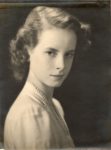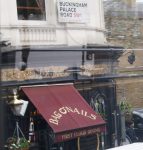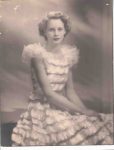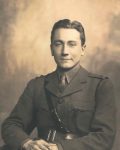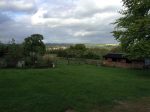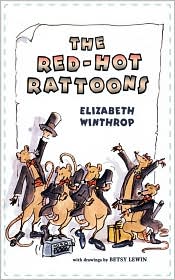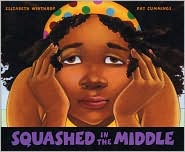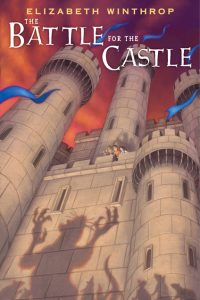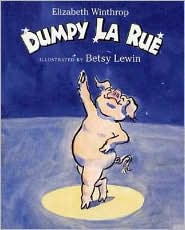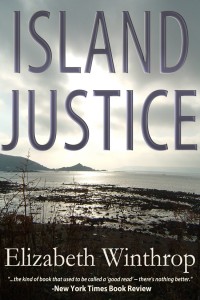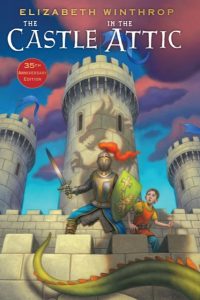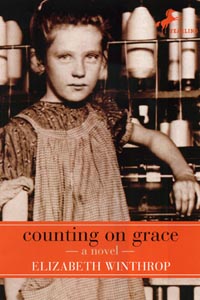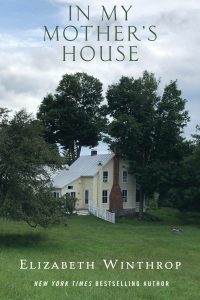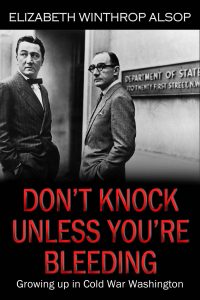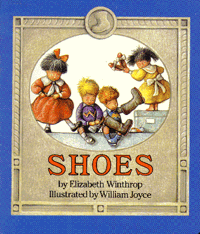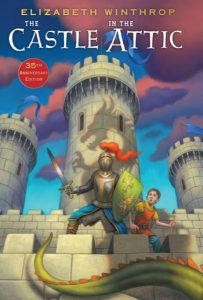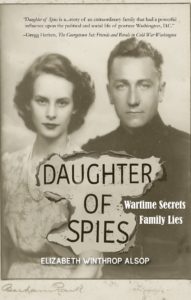So when we last saw my mother in early March of 1943, she’d just hopped on a train to London.
Standing in the queue at Harrods, her mother had learned from Rosie Tuffnall’s mother that Rosie was giving up her job to have her baby in the relative safety of the country. The job was Tish’s if she wanted it. At that point, my mother would have taken a job as trash collector if it meant she could get to London where all the action was. That fall, her Yankee admirer had managed to track her down and had even come to dinner at their small, top floor Pont Street flat, but her parents wouldn’t allow them to go alone to tour the British Museum, and certainly not to the wild party my father gave at Christmas to mark his gazetting as a British officer. So he’d stopped calling. Never mind, she thought. London was swarming with soldiers on leave from training, most of them eager to take a pretty young girl out to the nightclubs. And her parents would certainly let her go because all the nightclubs were in the basement, the safest place to be during a raid. My mother had a certain “come hither” look
about her which revealed the rebel inside the good Catholic girl.
So she moved into the little flat on the top floor of 60 Pont Street with her parents.
On March 17th, her seventeenth birthday, she took the tube from Sloane Square to 55 Broadway to report for duty. I’ll let her tell the next bit.
I went to Passport Control to sign in the first day and they said go up to the third floor and ask for Captain Hastings. I got on the lift, went up and Capn. Hastings greeted me. He said, “Welcome, Miss Hankey, I would like you to sign this” and he handed me the Official Secrets Act. I was much too shy to say, why do I have to sign this to work for Passport Control? After I signed it, he shook my hand and said, “Welcome to the Secret Intelligence Service.” He was in uniform and I didn’t question anything. At which point, I was sent up to the Fifth Floor and told to go to a naval captain’s office. His name was Captain Russell. His secretary, Miss Maureen Thring, was a civil servant, had been working all her life and was six-foot-three. In those days, no female was six-foot-three. There were two girls in the office already, and they needed a third because Rosie had to go down to the country. We were so young they called us ‘the nursery.'”
When her friend, Bee, finally graduated from the Carr-Saunders Secretarial School in June of 1943, Tish got her a job with the Army Division of MI5 in the same building on the floor below. Bee moved into 24 Pont Street, otherwise known as the Monkey Club, a hostel for fashionable young women who were doing war work in London.
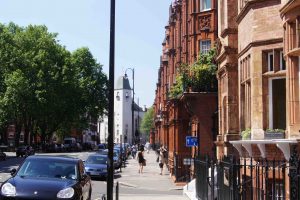
Every morning, the two young women walked up Pont and down Sloane Street to Sloane Square where they hopped on the Tube for the short ride to St. James Park, directly across the street from their office.
And most evenings, they went out partying at the nightclubs which had names like the Four Hundred (only the best regiments went there), the Churchill, and the Bagatelle.
There was one called the Bag O’ Nails
which was totally disreputable. Your father was a charter member of it, and so were all his friends in the Kings Royal Rifle Corps. Milly Hooey was the name of the proprietor.
Not long after she got back to London, my mother was invited to “come out” at the Queen Charlotte’s Ball, an annual event which remarkably, still exists. She wore this dress
and guess who was there,
escorting an older girl in a slinky black dress…
My mother spied him in the balcony, marched up the steps and invited him to dance. The rest is not exactly history or smooth sailing, but let’s just say that, from that moment on, things proceeded apace.
I find it easier to imagine my mother’s life in the rural countryside of England, where if you look in the right direction,
the views are unchanged and where many of the old houses have been preserved even though they now function as hotels, tourist attractions and wedding venues. London is a wild, bustling, cosmopolis where even a seasoned New Yorker like myself, can feel a little overwhelmed by the crowds, the sight of a double-decker bus squealing around the corner and the buzz of foreign languages in the tube.
My mother loved London and returned there from America as often as she could. What does remain from her time are the 19th Century houses, the regular brick facades, the churches, the Tube, Hyde Park and so many other smaller gardens, many of them tucked behind iron fences and open only to residents.
London was grim during the war, but when I asked my mother if she were scared, she replied with a smile, “No. Isn’t it funny? You don’t believe anything is going to happen to you. You had that sense of immortality.”
Next entry
